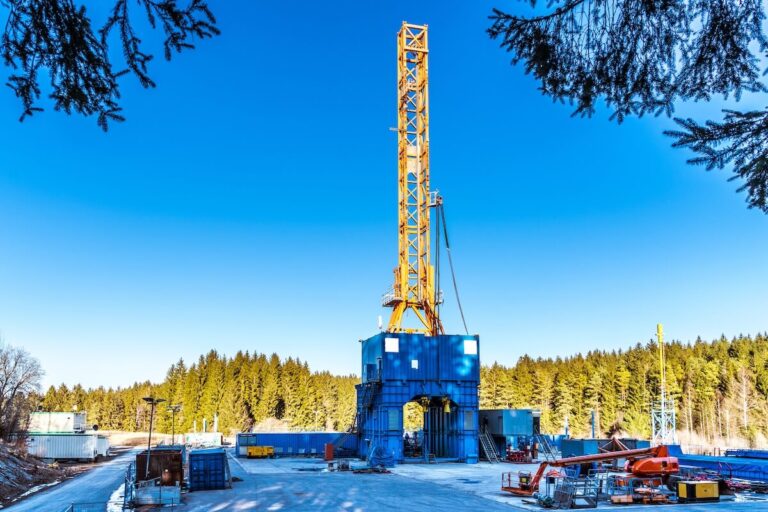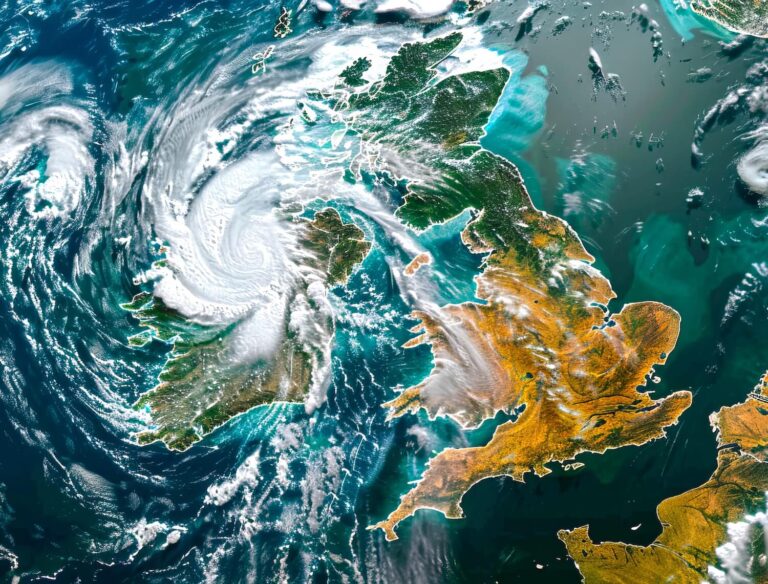Vance Debates Climate Change: Scientific Consensus Meets Skepticism in Discussion

Climate Change Claims Spark Debate
The recent vice presidential debate brought climate change to the forefront. Republican candidate JD Vance voiced doubts about the scientific agreement on climate change. He suggested that carbon emissions might not be the primary driver of climate shifts.
Vance’s comments stood in contrast to the widely accepted scientific view. Most experts agree that human activities, especially burning fossil fuels, are causing rapid climate change.
The U.S. plays a significant role in this issue. It’s the second-largest producer of greenhouse gases today and has released more of these gases than any other country in history.
During the debate, Vance outlined the Trump team’s approach to climate:
- Increase U.S. energy production
- Bring more manufacturing back to America
- Focus on the U.S. as a “clean” economy
This plan raised eyebrows among some viewers. The moderator stepped in to point out that scientists overwhelmingly agree the Earth is warming at an unusual rate.
Vance’s opponent, Minnesota Governor Tim Walz, took a different stance. He criticized former President Trump’s ties to oil companies. Walz claimed Trump invited oil executives to his Florida home to raise campaign money. In return, Walz suggested, Trump promised fewer rules for the industry.
Walz also talked up his running mate’s energy ideas. He said Vice President Harris supports an “all-of-the-above” approach. This means using various energy sources, including oil and gas produced in the U.S.
The debate highlighted key differences in how the two sides view climate change:
| Republicans | Democrats |
|---|---|
| Question scientific consensus | Accept scientific findings |
| Focus on U.S. energy production | Promote diverse energy sources |
| Emphasize economic benefits | Stress environmental concerns |
These contrasting views reflect broader political divides on climate policy. As the 2024 election nears, voters will need to weigh these different approaches carefully.
Climate change remains a hot topic in American politics, and the debate showed that it’s likely to stay that way through the upcoming campaign season. Voters will have to decide which path they think is best for the country’s future.


